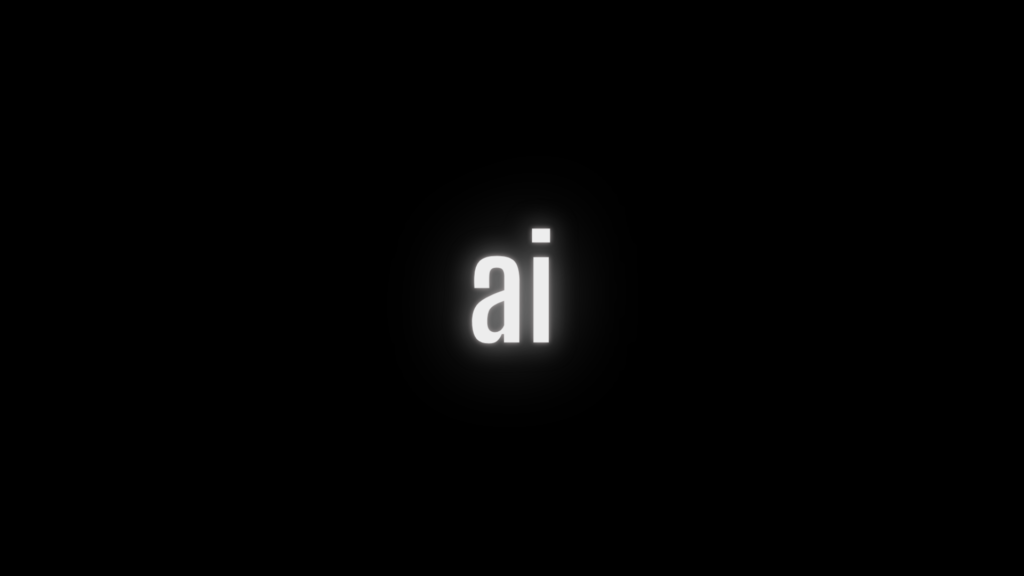
Artificial Intelligence (AI) continues to reshape industries and our daily lives in profound ways. Beyond the headlines, there are intriguing facts that highlight the capabilities and implications of this rapidly advancing technology. Here are 10 surprising facts about AI:
1. AI Ethics and Bias are Critical Considerations
As AI becomes more pervasive, ethical concerns surrounding its use and potential biases have come to the forefront. Issues such as algorithmic fairness, privacy implications, and the ethical implications of AI decision-making highlight the importance of responsible AI development and deployment.
2. AI Dates Back to the 1950s
AI isn’t a recent innovation. The term “artificial intelligence” was coined in 1956 at the Dartmouth Conference, marking the beginning of AI as a field of study. Early AI pioneers like Alan Turing and John McCarthy laid the groundwork for what would become a transformative technology across various domains.
3. AI in Healthcare Improves Diagnosis Accuracy
In healthcare, AI-powered diagnostic tools are enhancing accuracy and efficiency in disease detection. AI algorithms can analyze medical images, detect patterns indicative of diseases like cancer, and assist doctors in making more informed decisions for better patient outcomes.
4. AI Can Predict Natural Disasters
AI algorithms are being used to predict natural disasters such as earthquakes and hurricanes. By analyzing historical data and real-time sensor readings, AI can forecast the likelihood and impact of these events, helping authorities and communities prepare and mitigate risks.
5. AI Can Detect Emotions from Facial Expressions
Advances in computer vision and facial recognition technology have enabled AI systems to detect and interpret human emotions from facial expressions. This capability has applications in fields like market research, customer service, and mental health diagnostics.
6. AI Enhances Personalized Recommendations
AI algorithms are behind the personalized recommendations we receive on streaming platforms, e-commerce sites, and social media. By analyzing user behavior and preferences, AI can predict and suggest content, products, and services tailored to individual tastes, enhancing user experience and engagement.
7. AI Can Create Art and Music
AI isn’t limited to practical applications—it’s also a creative tool. AI algorithms can generate original artworks, compose music, and even create poetry. These AI-generated works challenge traditional notions of creativity and raise questions about the intersection of technology and art.
8. AI Powers Autonomous Vehicles
AI plays a crucial role in the development of autonomous vehicles (AVs). Companies like Tesla and Waymo use AI algorithms to process real-time data from sensors and cameras, enabling vehicles to perceive their surroundings, make decisions, and navigate safely without human intervention.
9. AI Is Used for Fraud Detection in Finance
Financial institutions utilize AI algorithms to detect fraudulent activities in real-time. By analyzing transaction patterns and identifying anomalies, AI can flag suspicious transactions, protect customer accounts, and prevent financial losses due to fraudulent behavior.
10. AI Can Generate Human-Like Text
Recent advancements in natural language processing (NLP) have enabled AI models like GPT-4 (Generative Pre-trained Transformer 4) to generate coherent and contextually relevant text. These models can compose essays, poems, and even engage in conversations that mimic human speech patterns.
Conclusion
Artificial Intelligence continues to evolve and expand its capabilities, influencing various aspects of our society and economy. These 10 surprising facts illustrate the breadth of AI applications—from creative endeavors to critical infrastructure—and underscore the ongoing impact of this transformative technology. As AI continues to advance, understanding its capabilities and implications will be essential for shaping its responsible and beneficial integration into our lives.